About Us


INFORMATION
& EDUCATION:
DIALOGUE &
RECONCILIATION:
INTERNATIONAL
COOPERATION:
REMEMBRANCE
& REAPPRAISAL:
HOUSE OF
GOOD TONES:
INFORMATION & EDUCATION:
INTERNATIONAL COOPERATION:
DIALOGUE & RECONCILIATION:
REMEMBRANCE & REAPPRAISAL:
HOUSE OF GOOD TONES:


The Team
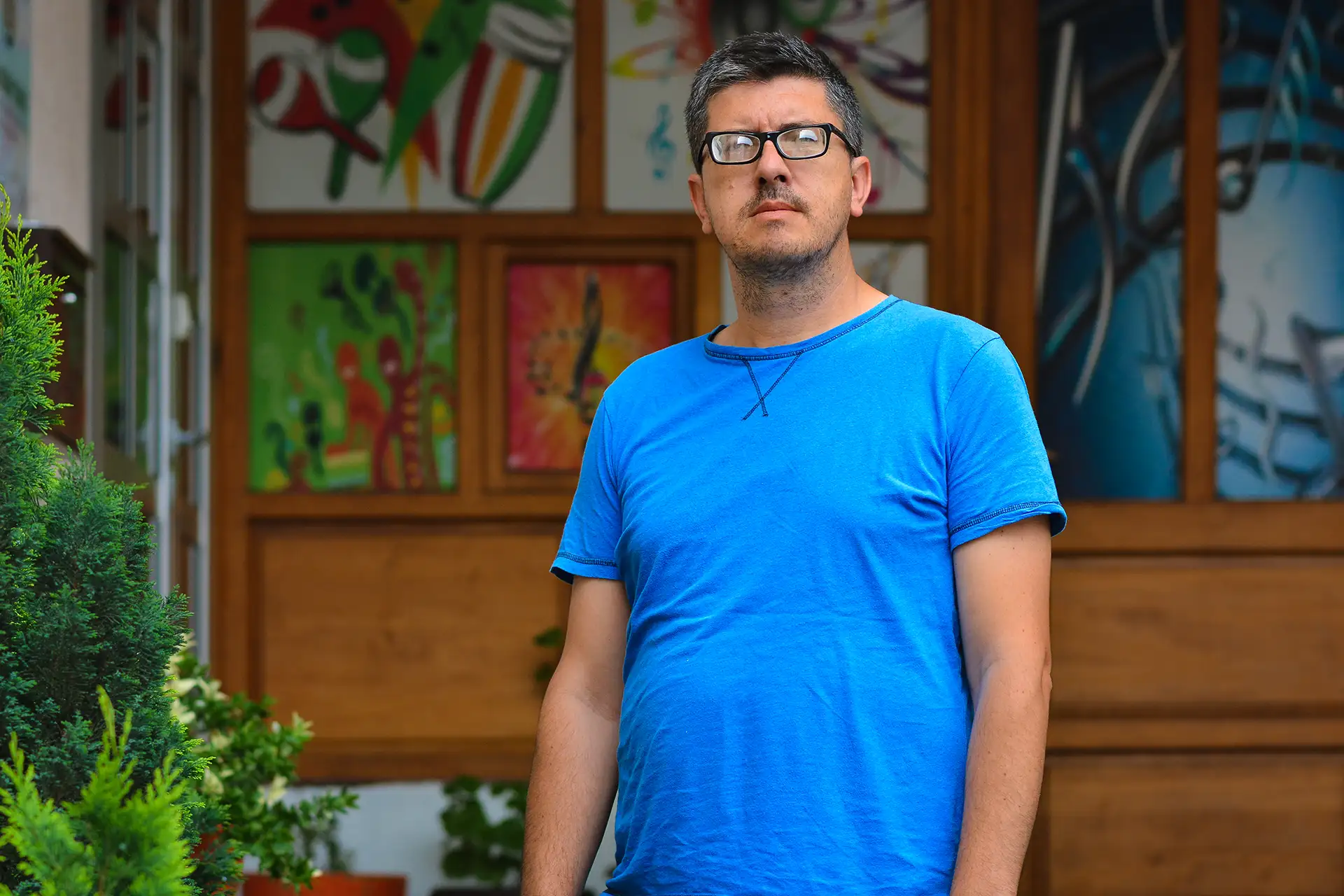
Almir Dudic
Director
EuropeHouse Srebrenica
Almir Dudic is the director of EuropeHouse Srebrenica. He is responsible for all programmes and activities and serves as the first point of contact for the citizens of Srebrenica. He organises and teaches German to children and young people at the Europahaus Srebrenica. He is also part of the project team at the EuropeHouse Srebrenica.
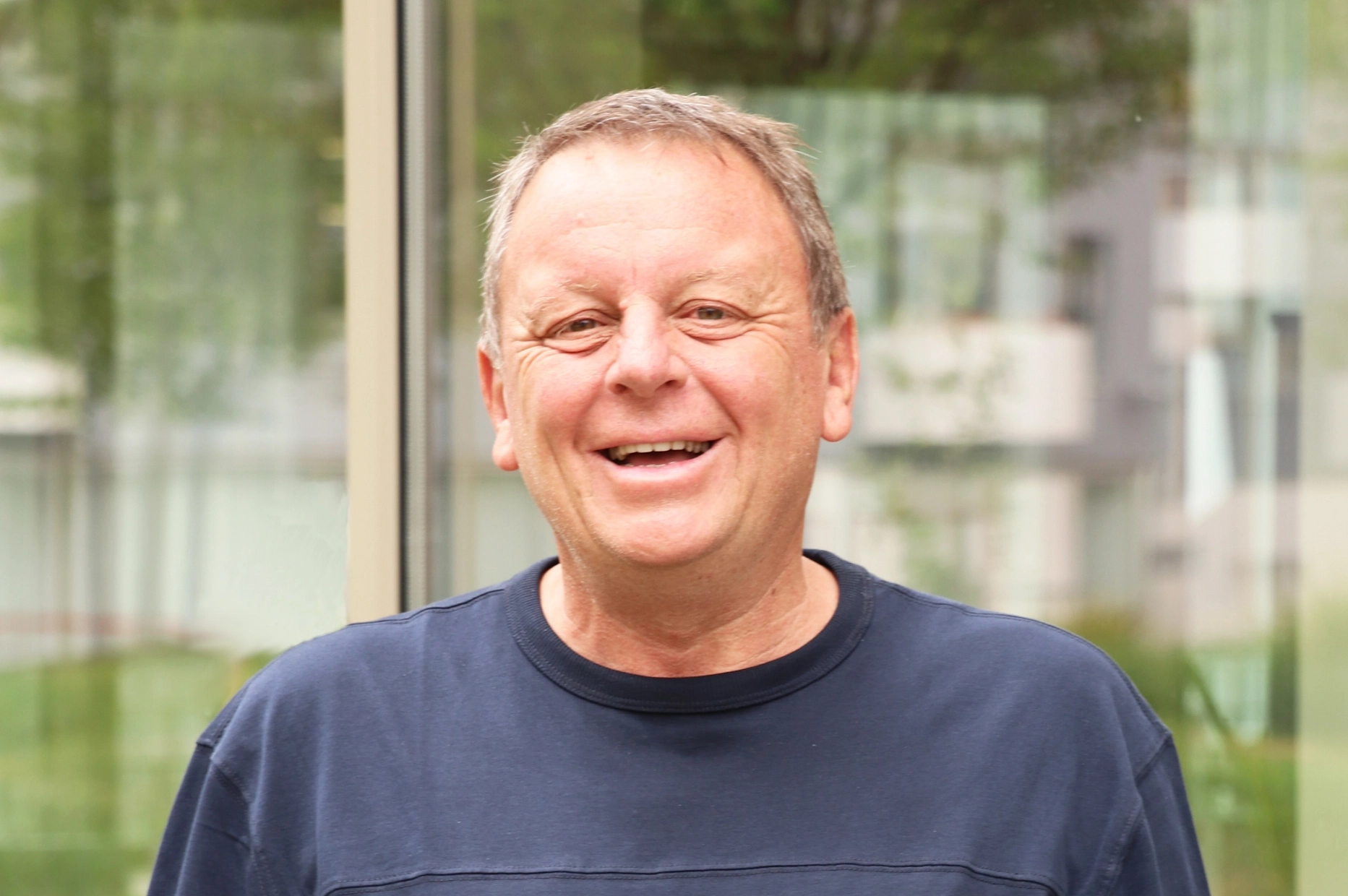
Dr. Wolfgang Forthofer
Member
EuropeHouse Srebrenica
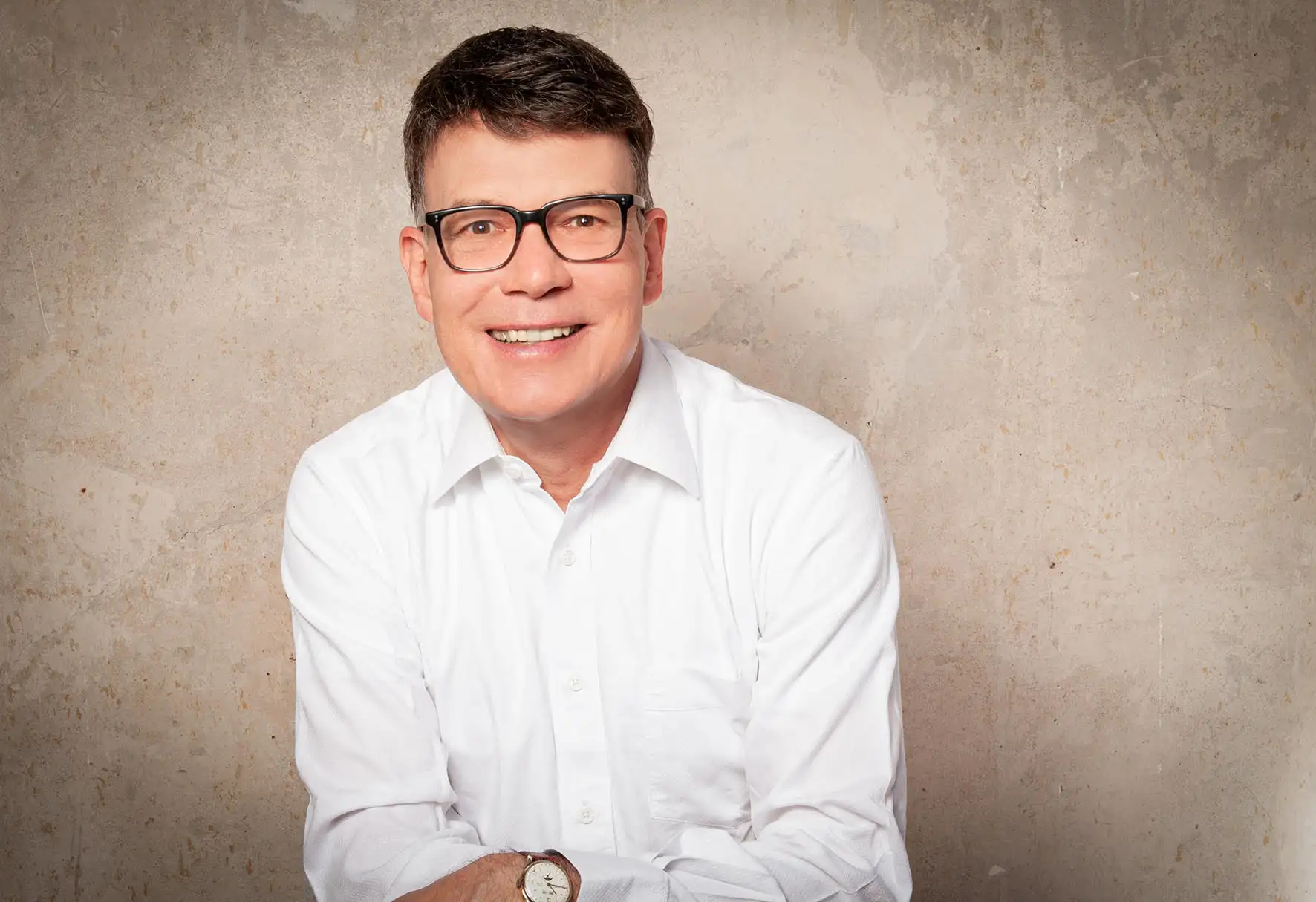
Dr. Martin Kilgus
Member
EuropeHouse Srebrenica
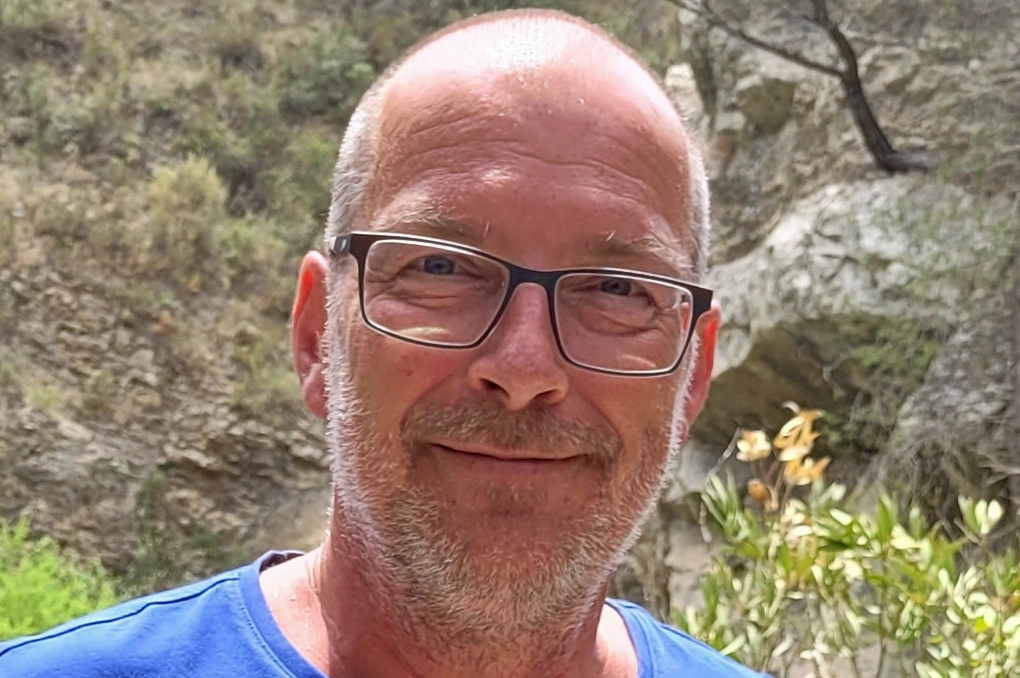
Thomas Heckeberg
Member
EuropeHouse Srebrenica
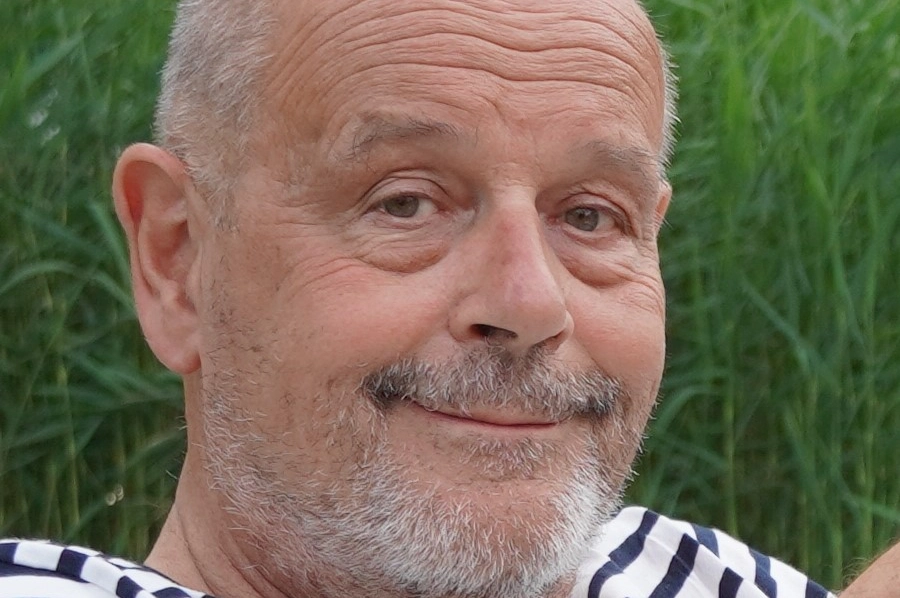
M.A. Roman Puff
Member
EuropeHouse Srebrenica
Roman Puff is a historian. He has been working at the University of Salzburg as a Senior Scientist since 2010, initially at the Department of Public Law, and since 2013 at the Salzburg Centre of European Union Studies – SCEUS, where he took over the role of Executive Director in 2022. Roman has also been involved in the Europahaus Srebrenica association since 2016 and was appointed to the board in 2019.
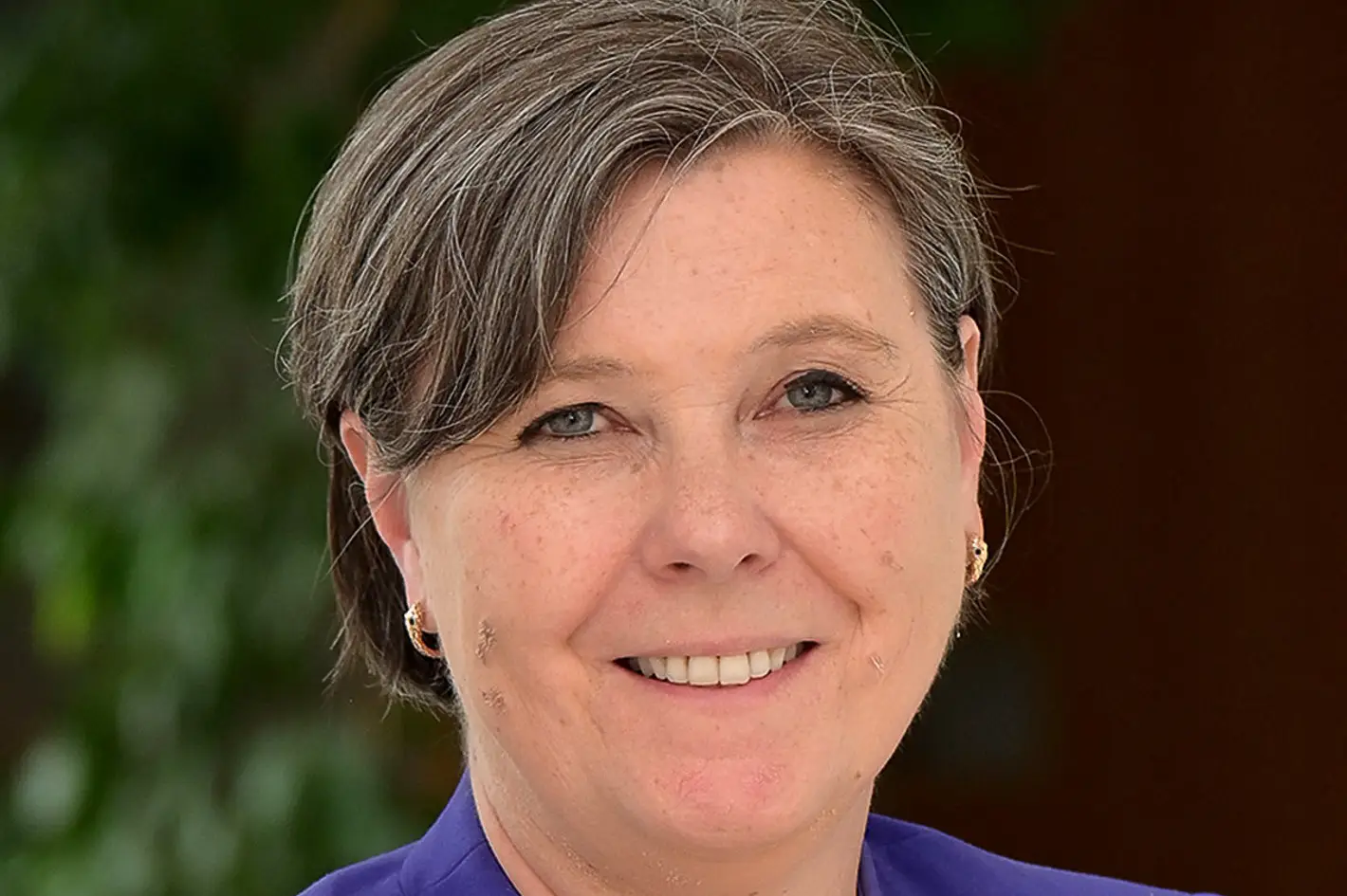
Dr. Doris Wydra
Member
EuropeHouse Srebrenica
(Assistant Professor and coordinator of the Salzburg Centre of European Union Studies) holds a Master’s Degree in Political Science and a doctorate in Law from the University of Salzburg. She has worked for TACIS projects in Ukraine and Russia. Her research focus is on democracy and human rights promotion as aspects of external governance of the European Union, the European neighbourhood policy and the relations between the European Union and Russia. She has published on the question of the democratic development in Russia and Ukraine, minority legislation in Russia and in 2008 a book on the Autonomous Republic of Crimea from the perspective of international law. She is also a member of the publishing committee of the Austrian Journal for Political Science (Österreichische Zeitschrift für Politikwissenschaft). She is also a member of the Europehouse Srebrenica project team.





